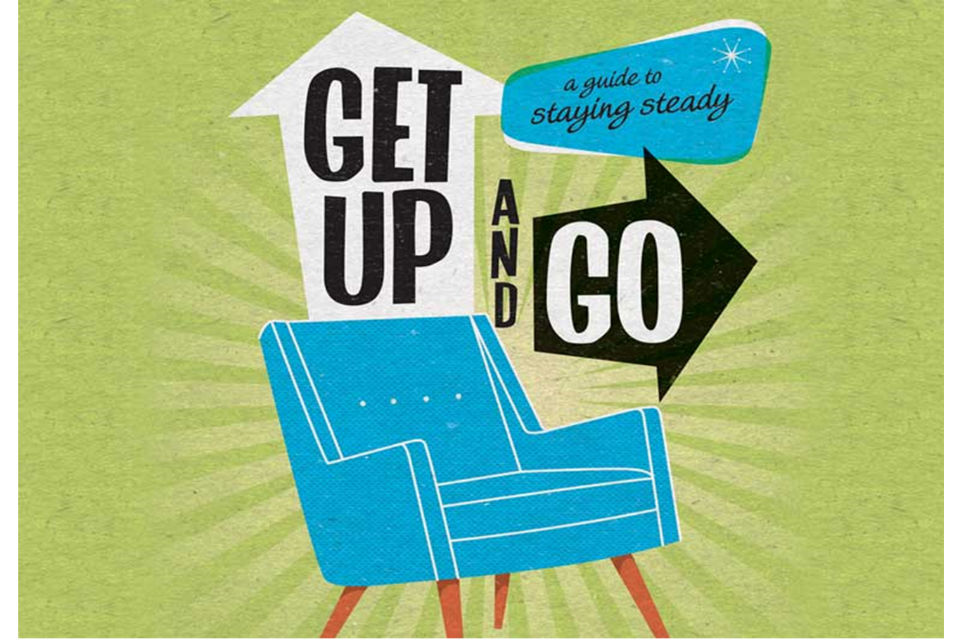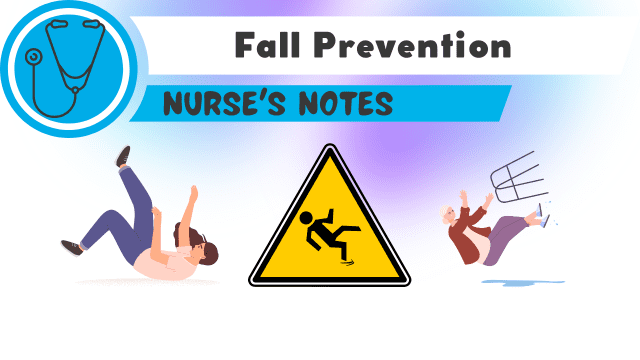The Ultimate Guide To Dementia Fall Risk
The Ultimate Guide To Dementia Fall Risk
Blog Article
The Best Strategy To Use For Dementia Fall Risk
Table of ContentsHow Dementia Fall Risk can Save You Time, Stress, and Money.Our Dementia Fall Risk DiariesThe 4-Minute Rule for Dementia Fall RiskA Biased View of Dementia Fall RiskAn Unbiased View of Dementia Fall Risk
The FRAT has three areas: drop risk condition, risk variable list, and action strategy. A Loss Danger Standing includes information concerning history of current falls, drugs, mental and cognitive standing of the patient - Dementia Fall Risk.If the client ratings on a risk aspect, the corresponding variety of points are counted to the client's fall danger score in the box to the far ideal. If a patient's fall threat rating completes 5 or greater, the individual goes to high risk for drops. If the client ratings just four factors or reduced, they are still at some threat of falling, and the registered nurse needs to utilize their finest clinical assessment to handle all autumn risk elements as component of an all natural care plan.
These standard techniques, in general, help establish a secure setting that minimizes unintended falls and marks core safety nets for all people. Indications are crucial for patients in danger for drops. Healthcare companies require to recognize that has the problem, for they are responsible for carrying out activities to promote patient safety and prevent drops.
The Best Strategy To Use For Dementia Fall Risk
For instance, wristbands ought to consist of the patient's last and given name, day of birth, and NHS number in the UK. Details should be printed/written in black against a white background. Just red shade must be utilized to signify unique patient status. These recommendations follow current growths in person identification (Sevdalis et al., 2009).
Things that are as well much may call for the patient to connect or ambulate needlessly and can possibly be a risk or add to falls. Helps stop the person from going out of bed without any type of support. Registered nurses react to fallers' phone call lights faster than they do to lights launched by non-fallers.
Aesthetic impairment can greatly trigger drops. Hip pads, when used effectively, might decrease a hip fracture when fall happens. Keeping the beds closer to the flooring minimizes the danger of falls and severe injury. Putting the bed mattress on the floor substantially lowers loss threat in some health care setups. Reduced beds are developed to reduce the distance a client falls after relocating out of bed.
The Main Principles Of Dementia Fall Risk
People who are tall and with weak leg muscles who try to rest on the bed from a standing position are most likely to drop onto the bed due to the fact that it's too low for them to lower themselves safely. Additionally, if a tall person attempts to rise from a reduced bed without aid, the individual is most likely to drop back down onto the bed or miss the bed and fall onto the floor.
They're developed to promote timely rescue, not to protect against drops from bed. Aside from bed alarm systems, enhanced supervision for risky patients also may help prevent falls.

Patients with a shuffling stride increase autumn chances considerably. To minimize loss threat, footwear ought to be with a little to no heel, thin soles with Home Page slip-resistant tread, and support the ankle joints.
Getting My Dementia Fall Risk To Work
In a research study, homes with ample lights report less falls (Ramulu et al., 2021). Enhancement in lighting at home may lower fall prices in older adults.

Caretakers are reliable for ensuring a secure, protected, and risk-free setting. However, research studies showed extremely low-certainty proof that caretakers reduce fall threat in severe treatment medical facilities and only moderate-certainty that options like video clip surveillance can reduce caretaker usage without raising loss danger, recommending that caretakers are not as valuable as originally believed (Greely et al., 2020).
The Dementia Fall Risk Statements

Boosted physical fitness lowers the threat for drops and restricts injury that is endured when fall transpires. Land and water-based exercise programs might be likewise helpful on equilibrium and gait and thereby reduce the threat for falls. Water exercise might add a favorable benefit on balance and stride for ladies 65 years and older.
Chair Increase Exercise is a basic sit-to-stand workout that helps enhance the muscular tissues in the upper legs and buttocks and improves flexibility and freedom. The goal is to do Chair Surge exercises without utilizing hands as the client comes to be stronger. See sources area for an in-depth instruction on exactly how to do Chair investigate this site Increase workout.
Report this page